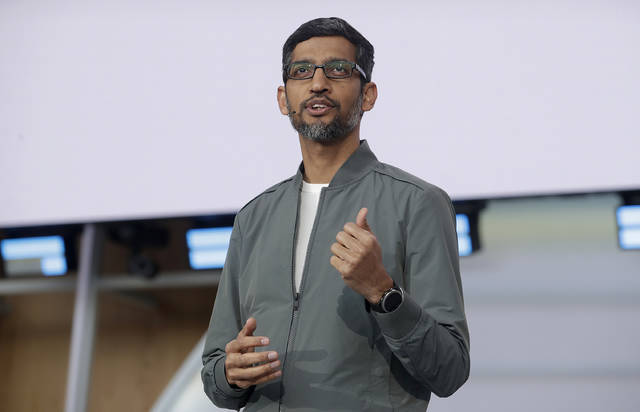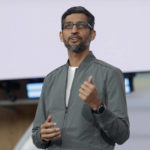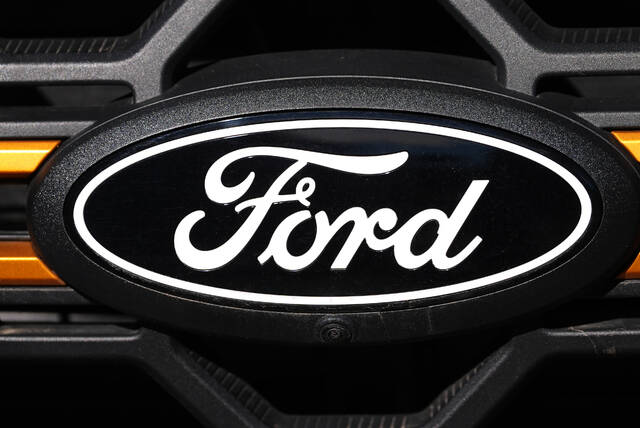MOUNTAIN VIEW, Calif. — Google is releasing cheaper versions of its smartphone in an effort to appeal to budget-minded consumers who aren’t willing to spend $800 on the Pixel 3.
The more affordable phones are a response to a worldwide slowdown in smartphone sales, which has been partially driven by people’s reluctance to splurge on the increasingly expensive models from Apple, Samsung, Google and other manufacturers.
The price for the Pixel 3a will start at $399. There’s also a larger, XL model. Both are available immediately.
Google announced the long-rumored mid-range phones at its developers conference Tuesday in Mountain View, Calif., five months before it’s expected to release the next generation in a product line it created in 2016.
The new versions of the Pixel will have the same camera as the top-of-the-line model, but the glass back will be replaced with plastic.
Although they have been praised in reviews, Pixel phones still haven’t made a significant dent in the smartphone market. The research firm IDC says Google had only sold 8.2 million Pixels through — a drop in the bucket of total smartphone sales.
Also announced: Google’s new smart home display will be able to make video calls on a bigger screen.
The Nest Hub Max has a 10-inch display that offers a wide field of vision that’s designed to make it easy to conduct video calls even while walking around. That’s a feature unavailable on a 7-inch display called Home Hub that Google released last year.
The previous model primarily serves as a digital frame for photos. With video calling, Google’s device becomes more competitive with similar smart home displays made by Amazon and Facebook that already include that option.
People can enable facial recognition if they want the Nest Hub Max, so that the device can distinguish identify members of the household and offer personal reminders. Google says the analysis is done on the device, with nothing sent to Google’s servers.
Google is retiring the Home name and shifting to the Nest brand best known for its line of internet-connected thermostats and cameras.
Google researchers also are working to train its speech recognition system to understand people with speech impairments.
The company showcased its Project Euphonia Tuesday during the conference. Project Euphonia is working with people who have neurological conditions including amyotrophic lateral sclerosis, or ALS, to better understand their speech patterns. The researchers hope to train the system to reliably transcribe the speech to better help people communicate.
Google also announced an update that will help people type one side of a phone conversation on a keyboard and have words quickly translated into speech.
To help people who cannot speak, the company revealed a button that will connect to Google Assistant to allow people to send simple commands without speaking.
In other news, Google will allow users of its digital maps to cloak their identities to prevent their locations from being recorded.
The new privacy control called “Incognito” is being offered by Google as tech companies face intensifying scrutiny over the amount of user information they collect and sell for advertising. Facebook dedicated much of its own conference last week to connecting people though more private channels rather than broadly on the social network.
Incognito has long been offered on various browsers, including Google’s Chrome, though that may get overridden when people sign in to a Google or other account.
Google also showed off recently announced auto-delete features. The tools let people set a time limit for how long their location history will be saved before it is deleted.









